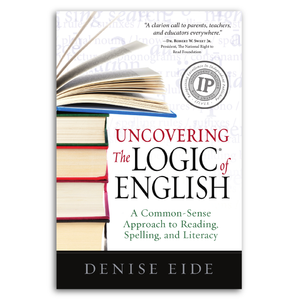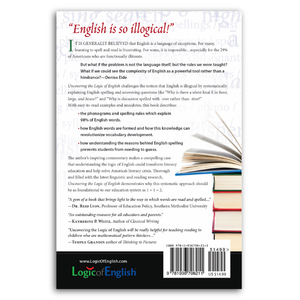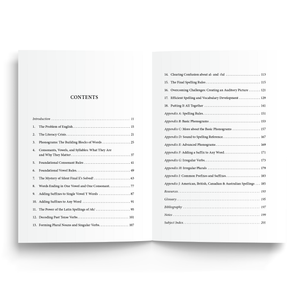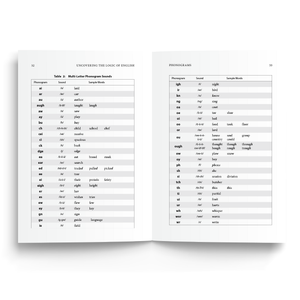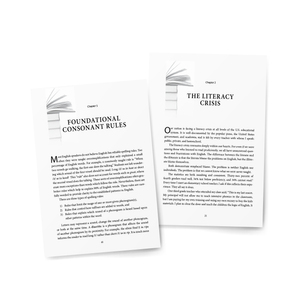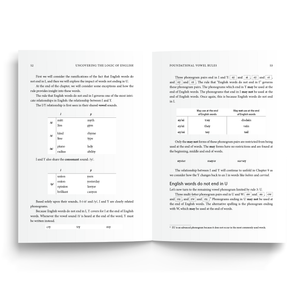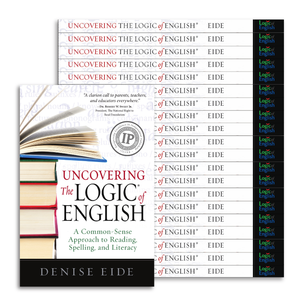As awareness of the Science of Reading grows in the United States, I am reminded of how I was taught to learn to read in Spanish.
I was taught how to read by my parents, who had zero knowledge about the neuroscience of reading. I simply want to share my experience because how I learned to read Spanish helped me learn how to read in English, and it might help your student too.
_________________________________________________________________________
Surrounded by budgerigar birds singing, my mom and I would sit on the front porch cross-legged with a book in our hands. A fresh breeze would periodically hit our faces, bringing a tropical scent. Mom would always pick a book about history, science, or nature. It was interesting how she selected a book that contained things that teachers would later cover in class.
During those afternoons, I would learn how our country gained independence, that the Milky Way had nine planets (Pluto was still considered a planet back then), and the difference between flora and fauna.
Sitting on the floor next to her, it was there that I learned how to decode unknown words. We would take a piece of paper and write the word while making the sound of each letter. Little did we know that we were practicing spelling analysis!
My mom would help me sound out every letter and blend it all together slowly. “Keep practicing until it rolls off your tongue,” she would add. Mom would take time to explain the meaning of a word too, similar to the strategies mentioned in Uncovering the Logic of English.
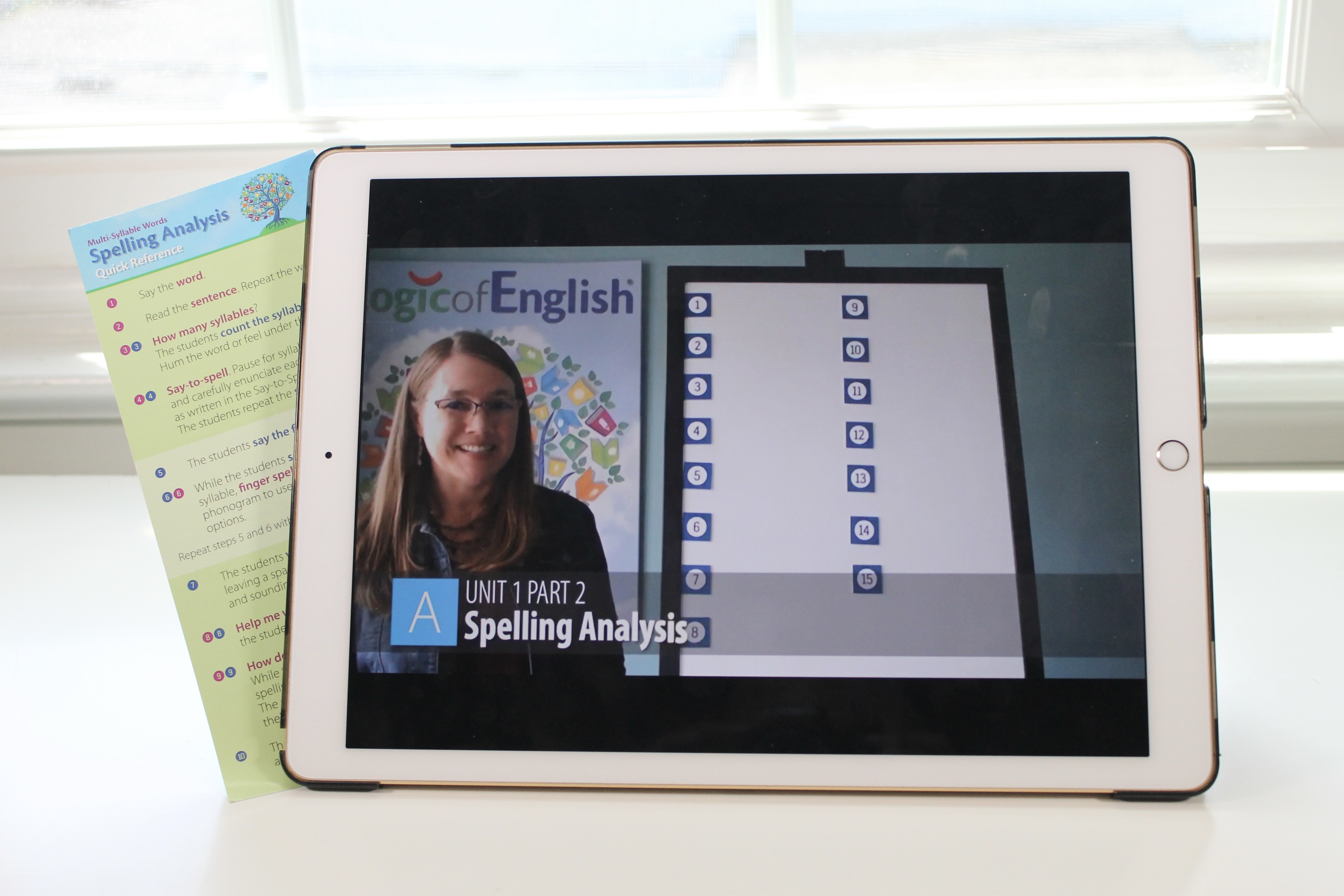
My dad would join us and casually ask me what my mom and I were reading. After reading a paragraph, they would ask, “What is that paragraph saying?” or “I don’t remember how many planets there are, do you?” and many questions related to the text. For them, it wasn’t only about pronouncing the words but also about comprehending what I was reading. They put equal weight on developing decoding skills and comprehension skills; somehow they knew that reading involved lots of different skills that complemented each other.
Teaching me how to read was a team effort for my parents; it took discipline, practice, and time. When one couldn’t do it, the other was there, and both were there when possible.
For me, it wasn’t “work” nor “tiresome;” they made it engaging and fun through stories and hands-on activities. Today I look back at those times, and I remember them as quality time and unforgettable memories spent with my parents.
Even though my parents were not trained as reading teachers, their dedication and support taught me the skills needed to read in Spanish and later in English. Any small efforts as a parent to introduce your children to all the sounds of the phonograms, sounding out words, and showing an interest in what they are reading by asking questions and discussing the texts together can lead to significant gains!
I recommend you to read Uncovering the Logic of English to discover the foundational skills of reading students must master to become strong readers and writers. You can download a sample or buy the book.






